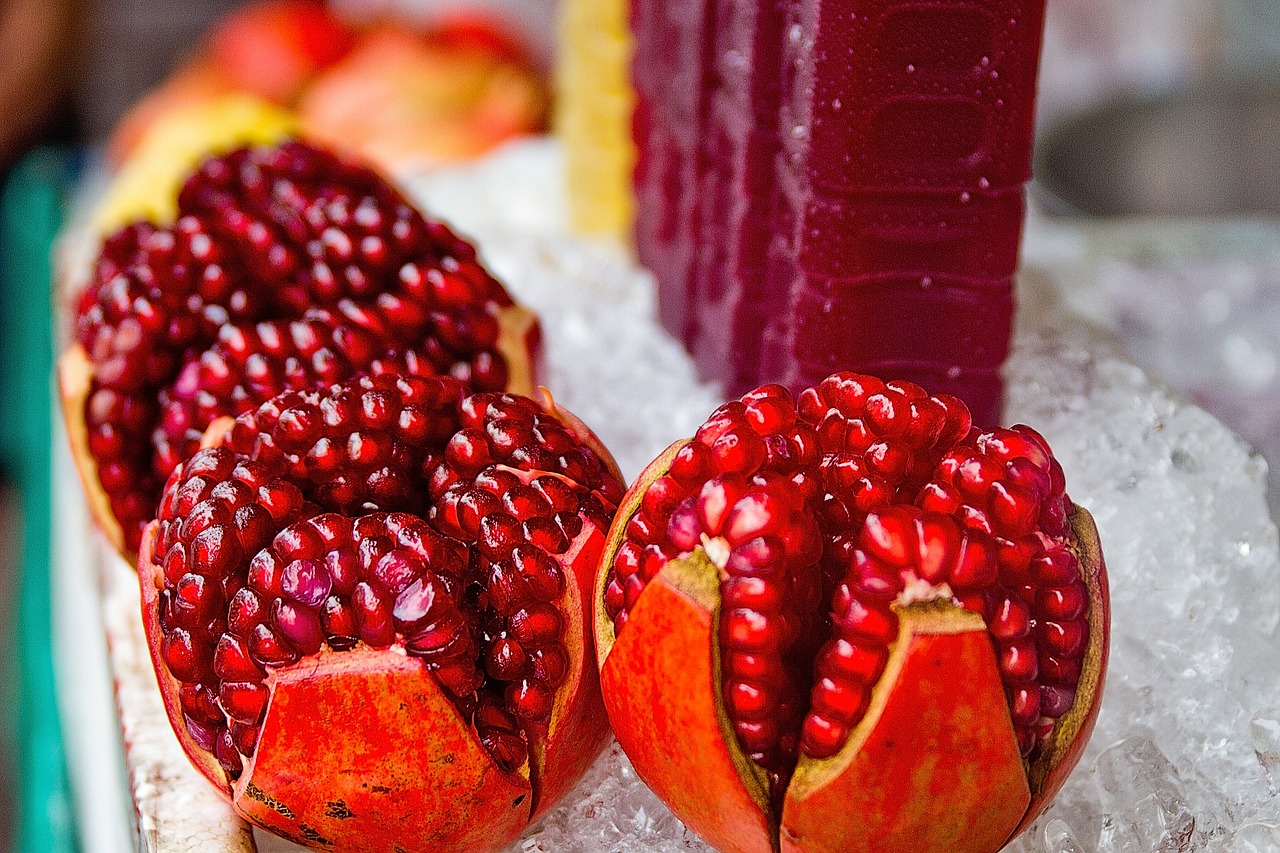In April 2019 researchers from Spain and Poland published the results of their study to compare the labelling information with the actual phytochemical content of pomegranate-based products. Punicalagin is responsible for over 50% of the antioxidant activity of pomegranate, but ellagic acid and total polyphenol content are also key parameters regarding pomegranate bioactivity. Many producers of juices and other drinks based on pomegranate take advantage from the widespread healthy image of this fruit, whereas the actual content of bioactive phytochemicals is low. Various products containing pomegranate were assessed for total polyphenol content, punicalagin, titratable acidity, colour density and polymeric colour. In addition, each product underwent a sensory profiles by a trained panel. Results showed that the range of total polyphenol content ranged from 2.75 to 70.9 mg/g and the amount of punicalagin from traces to 3.18 mg/g. The percentage of pomegranate juice in the product was significantly linked with the intensity of the pomegranate ID attribute (eg pomegranatejuice has been described as sweet and sour, with the presence of berry, fruity, cherry, cranberry, woody and floral attributes), punicalagin content and ellagic acid content. The researchers concluded there is a high variability in the content of bioactive compounds and that there is a need to urge food companies to evaluate the actual content of these compounds in their products. The producers also need to optimise processes, packaging and storage conditions to guarantee high levels of bioactive compounds. Although no health claim for pomegranate has been authorised so far at the European Union, significant mismatches among labelling and bioactive compounds content which is causing consumers to be misled over a product’s health benefits.
Cano-Lamadrid M et al. A Critical Overview of Labeling Information of Pomegranate Juice-Based Drinks: Phytochemicals Content and Health Claims.J Food Sci. 2019 Apr;84(4):886-894.

